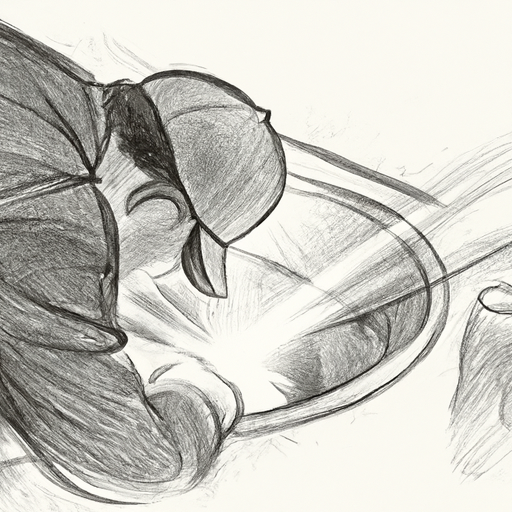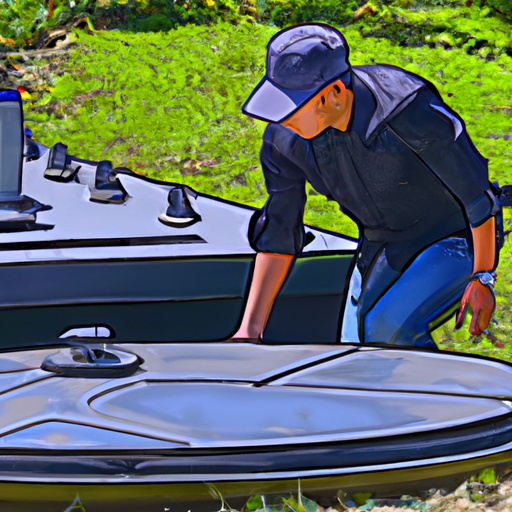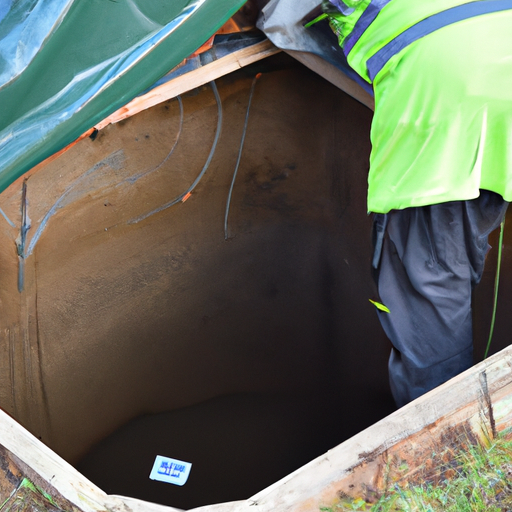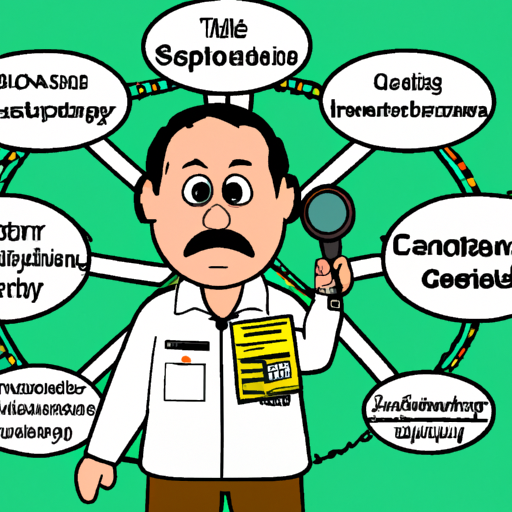Regular septic inspections are critical for homeowners to prevent costly repairs, health risks, and environmental pollution. Inspections help detect malfunctions or damage at an early stage, allow prompt repairs, and prevent small problems from turning into major malfunctions. Signs that an inspection is needed include a slow drainage system, foul odors, and pooling of water in the yard. Finding a qualified surveyor with certification, experience and knowledge of local regulations is essential for a thorough evaluation.
Maintaining a functional septic system is important to the health and safety of both your home and the environment. However, many homeowners don’t realize the importance of regular septic inspections. In this article, we’ll look at why a septic system inspection is important, how it can prevent expensive repairs and health risks, the process of a comprehensive inspection, signs that indicate your septic system needs inspection, and how to find a qualified inspector. By understanding the ins and outs of a septic inspection, you can ensure the longevity and efficiency of your septic system while avoiding potentially costly and dangerous problems.
- 1. Understanding the importance of regular septic inspections
- 2. How septic inspections can prevent expensive repairs and health risks
- 3. The process of complex septic examination
- 4. Signs that your septic system needs inspection
- 5. Find a qualified inspector for your septic system
1. Understanding the importance of regular septic inspections

Regular septic inspections are critical to maintaining the proper functioning and longevity of your septic system. Many homeowners often overlook the importance of these inspections, assuming that as long as their toilets flush and their sinks drain, everything is fine. However, this misconception can lead to expensive repairs and potential health hazards.
The main purpose of a septic inspection is to identify any existing or potential problems with the septic system. These problems can include clogging, leaks, structural damage and accumulation of solid waste, etc. Identifying these problems in the early stages can prevent them from developing into more serious and expensive repairs.
In addition, septic inspections are necessary to ensure the safety of your family and the environment. A faulty septic system can contaminate groundwater and nearby bodies of water with harmful bacteria, viruses and chemicals. This pollution can pose a serious threat to human health and wildlife, and contribute to water pollution.
Regular inspections also help maintain compliance with local regulations and requirements.
2. How septic inspections can prevent expensive repairs and health risks

Septic inspections play a critical role in preventing costly repairs and health risks for homeowners. By regularly inspecting septic systems, potential problems can be identified and fixed before they become serious problems that require extensive repair or replacement.
One of the main reasons why septic inspections are important is that they help identify any signs of malfunction or damage in the system. During an inspection, a qualified professional will evaluate the various components of the septic system, such as the tank, drain field, and distribution lines, to make sure they are functioning properly. Any cracks, leaks or blockages can be detected at an early stage, allowing for quick repairs. This proactive approach can prevent small problems from escalating into major failures that can lead to significant costs.
Additionally, septic inspections can help identify potential health risks associated with a faulty system. A faulty septic system can lead to contamination of groundwater and nearby water sources, posing a serious threat to human health and the environment. If wastewater contains harmful bacteria, viruses,
3. The process of complex septic examination

A comprehensive septic inspection includes several steps to ensure that the septic system is functioning properly and meeting all required standards. Here’s a breakdown of the process:
1. Visual inspection. The first step in a septic inspection is a visual inspection of the entire system. This includes checking the tanks, junction box, drain field and any other components. The inspector will look for any signs of damage, leaks, or improper installation. They will also assess the overall health of the system.
2. Pumping out the tank: To thoroughly inspect the septic tank, it must be pumped out. This allows the inspector to look inside the tank and check for cracks, corrosion or blockages. Pumping the tank also helps determine if it is functioning properly and if the waste disposal process is effective.
3. Measurement and testing: The inspector measures the scale and sludge level in the septic tank. Excessive accumulation of these substances may indicate
4. Signs that your septic system needs inspection

Regular septic inspections are critical to ensuring your septic system is functioning properly. However, there are certain signs that indicate your septic system may need an inspection sooner rather than later. Ignoring these signs can lead to expensive repairs or even complete system failure.
1. Slow Drains: If you notice that your sinks, toilets, or showers are draining more slowly than usual, it could be a sign of a problem with your septic system. This can be the result of a blockage or backup in the pipes, which can be identified during a septic inspection.
2. Foul Odors: Foul odors coming from the drain, toilet or yard can be a clear indication of septic system problems. These odors are caused by the build-up of waste and gases that can escape from the system when it is not working properly.
3. Water Pools or Damp Spots: If you notice water pools or wet spots in your yard, especially near
5. Find a qualified inspector for your septic system

When it comes to septic inspections, finding a qualified inspector is critical to ensuring a thorough and accurate evaluation of your septic system. Here are some key factors to consider when looking for a qualified surveyor:
1. Certification and Licensing: Look for an inspector who is certified and licensed by a recognized organization or regulatory body in your area. This ensures that the inspector has the necessary training and experience to effectively evaluate septic systems.
2. Experience: Consider the inspector’s experience in performing a septic inspection. An experienced inspector will be exposed to many different types of septic systems and potential problems, allowing him to provide a comprehensive assessment of your system.
3. Reputation: Research the inspector’s reputation in the industry. Look for reviews and testimonials from previous clients to gauge their level of professionalism, reliability and accuracy of estimates. A reputable inspector will have a track record of high-quality inspections and reliable recommendations.
4. Knowledge of local regulations: each region may have special rules and guidelines
In summary, regular septic inspections are critical to maintaining the health and functionality of your septic system. By understanding the importance of these inspections, homeowners can prevent expensive repairs and potential health risks. A comprehensive septic inspection process ensures a thorough assessment of all system components, allowing any potential problems to be identified and promptly resolved. Additionally, knowing the signs that indicate an inspection is needed can help homeowners take preventative measures to avoid further damage. Finally, to get accurate and reliable results, you need to find a qualified inspector who understands the intricacies of septic systems. By prioritizing septic inspections and following the guidelines in this article, homeowners can ensure the durability and efficiency of their septic systems for years to come.
 Purex find
Purex find